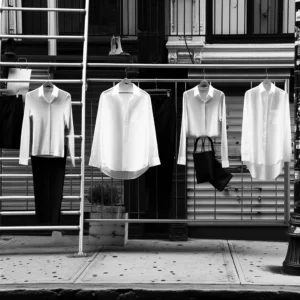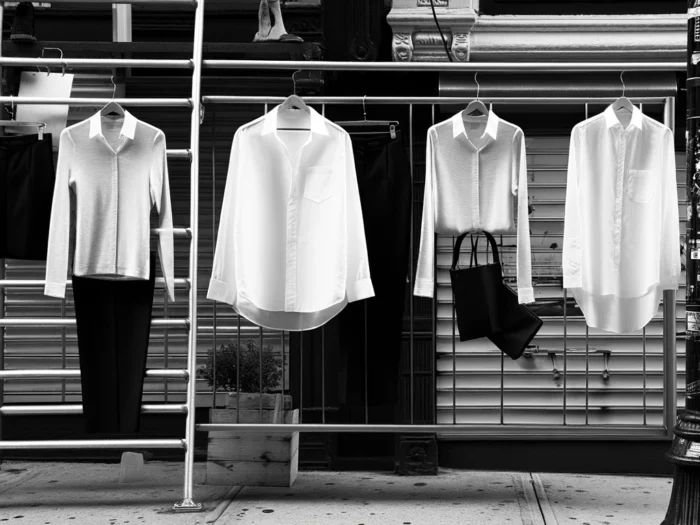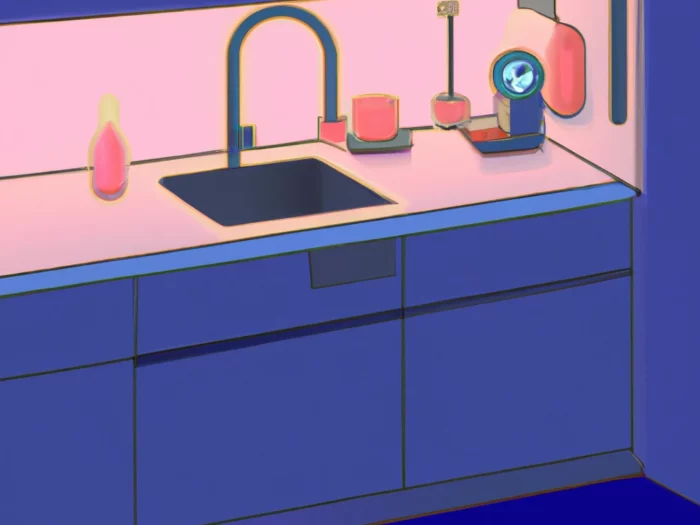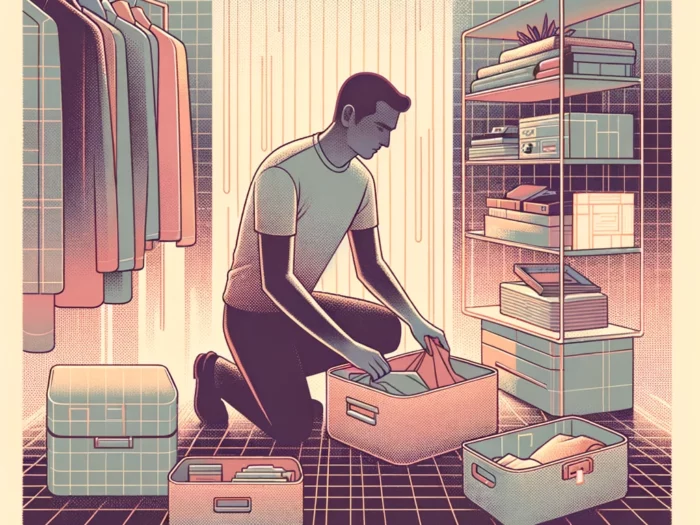Recently, I started something new. I began spending one or two weekends a month visiting small towns in the Inland Northwest for a potential writing project. I already knew these towns face some poverty issues, but I was shocked to see how consumerism is keeping people in poverty.

You’ve got to love small towns. They’re unique and charming. I grew up in small towns. I’ve lived in many small towns along the way. But small-town America is in trouble. Consumerism is driving people into deeper levels of poverty.
What I Observed On A Weekend In Pendleton, OR
I started my small-town adventure with a weekend in Pendleton, Oregon. You know, the place that’s famous for Pendleton Woolen Mills and the annual Rodeo Roundup. It’s the epitome of a town from the Old West. And although the town has it’s share of charm and character, there was something else I noticed.
As I walked through the streets of the town, I recognized that there was a fair amount of poverty in Pendleton. There were more homeless people than I’d expect in a town of its size. But there was something else that bothered me. And it has everything to do with the downside of consumerism.
People Live In Run-Down Houses Full Of Crap
We wonder why there’s a plethora of poverty in America. If you walk through the poor sections of any American town, you might begin to see the explanation.
People buy too much stuff. As I’ve walked the streets of small-town America, I’ve seen house after house in disrepair. But I’ve seen something else. Most of these homes have back yards full of old, unused items. Most people have big-screen TVs hanging on their walls. Many of these poor American families have three or four cars in their driveways. And many have $500 smart phones. But they’re still poor.
Could Consumerism Be Driving People To Poverty?
During the 2016 election season, I heard a lot of people blaming big-government and entitlements on poverty in America. I won’t argue that point. I might not agree completely either. I’m sure that our welfare system helps to create poverty in some instances. But what about consumerism? I think it also has many negative effects.
The average American has been programmed to believe they need more stuff. There’s an endless barrage of advertising. There’s peer pressure. Come on, it’s the American way! Meanwhile, we have hundreds of companies in America selling lower-quality goods. These products might cost less, but they also need to be replaced five times as often. But that’s what the poor American can afford. It’s a trap.
There Is A Solution To Run-Away Consumerism
Get off the train!
That’s right. In order to combat this problem, more Americans need to send crony capitalist America a strong message. Here’s what you can do:
- Buy less stuff: I’ve said it before and I’ll say it again. Most of us have much more than we truly need. Many people have 10 times what they need. And many of those people are still poor.
- Live minimally: Stop living in homes that are larger than you need. Unless you have a family of 12, you don’t need 3000-square-feet. Also, in most cases, you only need one vehicle per working adult.
- Support local: Don’t buy shit from those big box stores that import everything from China. Look for higher-quality goods that are made to last. Buy local made-in-the-USA products.
- Vote: I’m not going to tell you which political party you should vote for. But I will suggest that you study political candidates and initiatives and vote against excessive consumerism.
While In Pendleton…
So while I was in Pendleton I decided to buy something from Pendleton Woolen Mills. Did I really need a new shirt? Probably not immediately, but a high-quality Pendleton shirt could take the place of those two cheap shirts I bought from Cabella’s that are shrinking too fast. Plus, I used $100 in gift money from some good friends.
I’m not suggesting we should overbuy. I’m suggesting we should buy less, but buy higher-quality goods. I’ve owned the same Filson winter coat for over 10 years and it’s still got another 10 years of life in it. If more people shunned stores that sell crap and bought from stores that sell quality, we might be one step closer to making America less poor.












